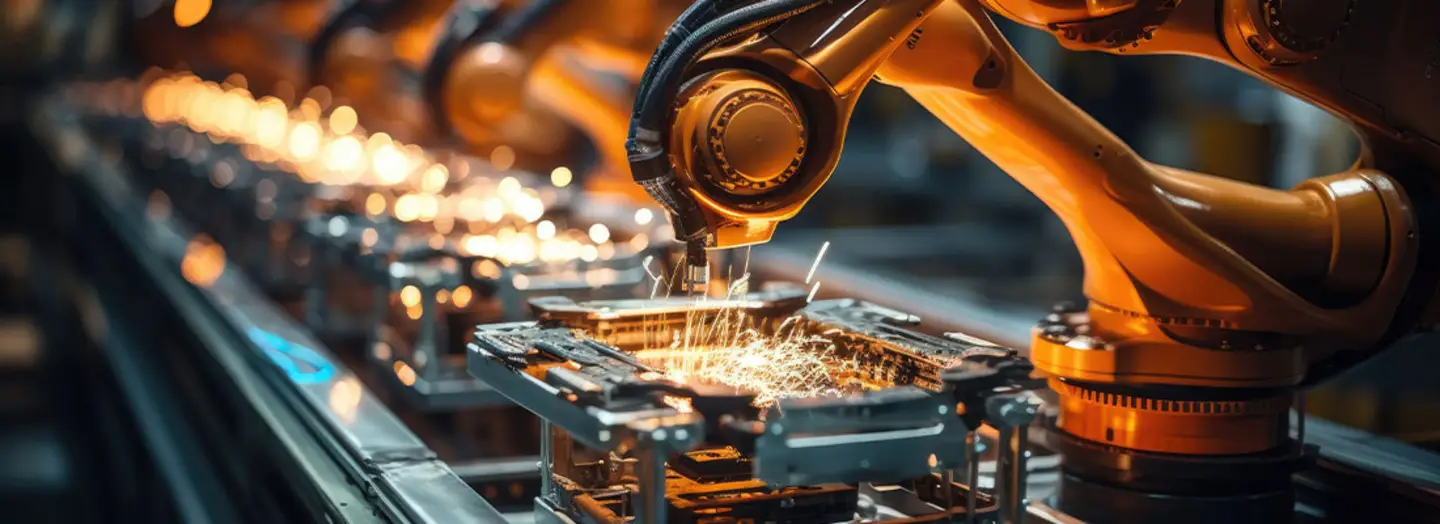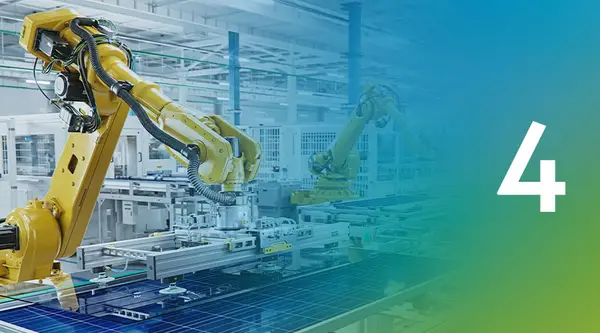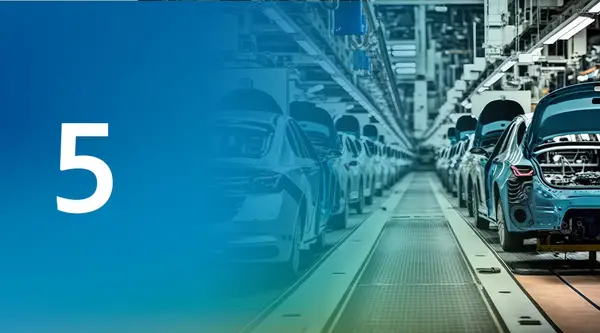

Top 6 transformative effects of AI on your manufacturing business
With the ever-changing global manufacturing landscape, businesses are on the lookout for innovative ways to boost productivity and maintain their competitive edge. Artificial Intelligence (AI) has become a game-changer in this regard, transforming various aspects of manufacturing operations. In this article, we will explore the top six transformational impacts of AI on your manufacturing business, highlighting how this technology can revolutionize your approach to manufacturing.

By using artificial intelligence (AI) to automate the process of analyzing large amounts of data, AI algorithms can quickly identify patterns and trends in data that may have previously gone unnoticed by humans. This allows manufacturers to make smarter, more informed decisions about how to best optimize their operations.

Predictive maintenance utilizing data from sensors and other sources is another application of AI. This approach anticipates equipment repair or maintenance needs before they fail, reducing downtime and increasing productivity. By proactively addressing potential issues, manufacturers benefit from AI's ability to minimize disruptions on the floor.

To optimize supply chain processes such as inventory management and logistics planning, AI algorithms can analyze data from multiple sources, such as inventory forecasts, supplier performance, shipping times, and defect rates, to identify potential bottlenecks or areas where improvements can be made to increase efficiency and reduce costs.

Robotic process automation (RPA) is a technology that uses AI algorithms to automate mundane, repetitive tasks. This can help manufacturers streamline their operations and reduce the time needed for certain processes. RPA also increases accuracy and consistency by eliminating human error from the equation.

Manufacturers use AI for quality control purposes, such as detecting defects in parts or products before reaching customers. AI-powered image recognition systems can quickly detect anomalies in images that may indicate a defect, allowing manufacturers to take corrective action before the product reaches its destination.

Finally, AI is being used for product development, such as creating new products based on customer feedback or identifying areas where existing products could be improved. AI algorithms can sift through vast amounts of customer data to identify trends and commonalities among customers’ preferences, which can then be used to inform product design decisions.
Investments in AI tools for manufacturing operations can yield significant returns through efficiency and productivity improvements. However, these technological advancements will require financial investment. A bank that understands the nuances of the manufacturing industry can offer tailored financial solutions to meet the unique needs of small business owners, empowering them to unlock the full potential of AI, driving innovation, competitiveness, and growth in the industry.
Real world manufacturing expertise
Banking products and services are provided by The Pitney Bowes Bank, Inc., Member FDIC. Pitney Bowes, Pitney Bowes Bank, and the Corporate logo are trademarks of Pitney Bowes Inc. or a subsidiary. All other trademarks are the property of their respective owners. ©2023 Pitney Bowes Inc. All rights reserved.